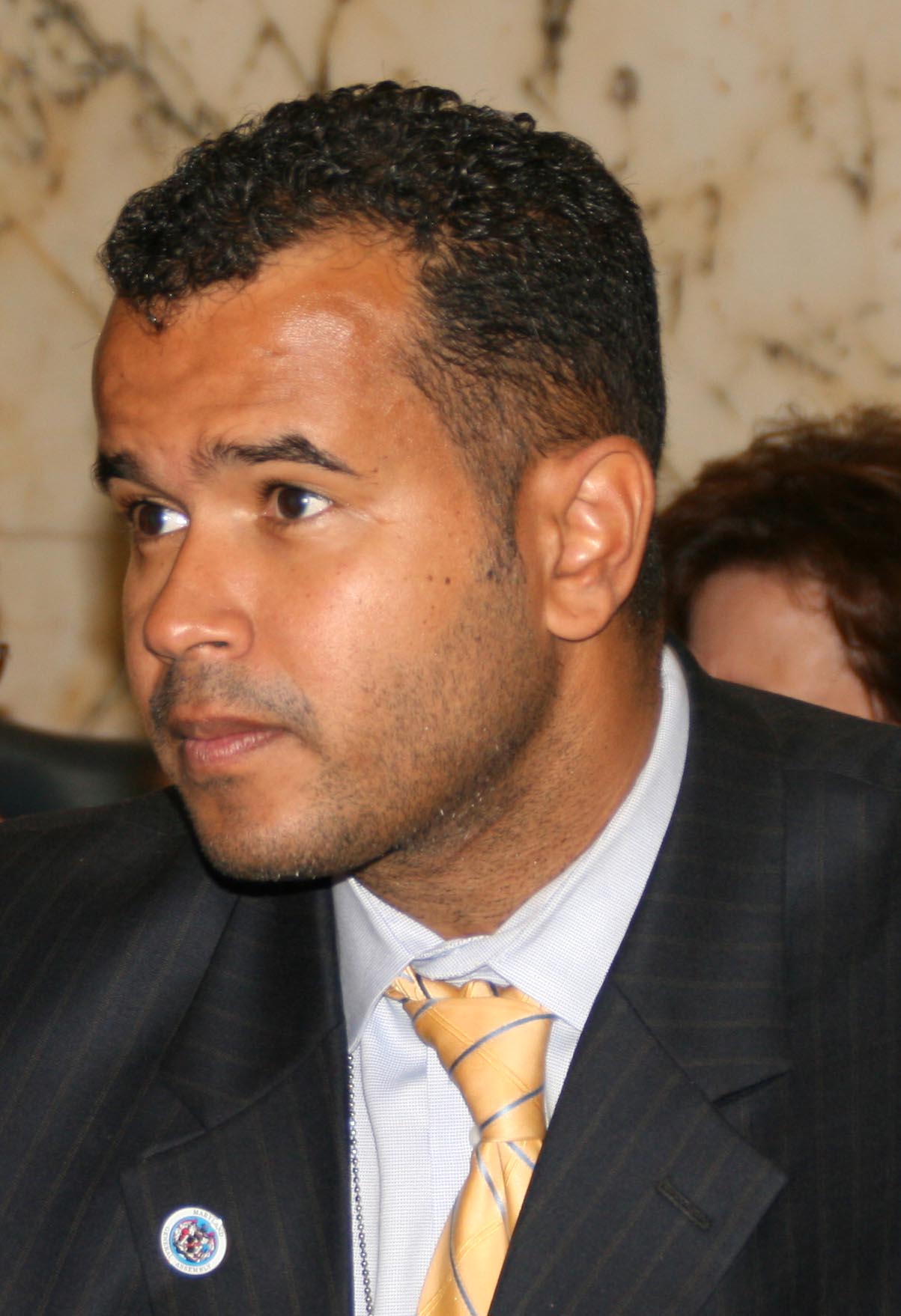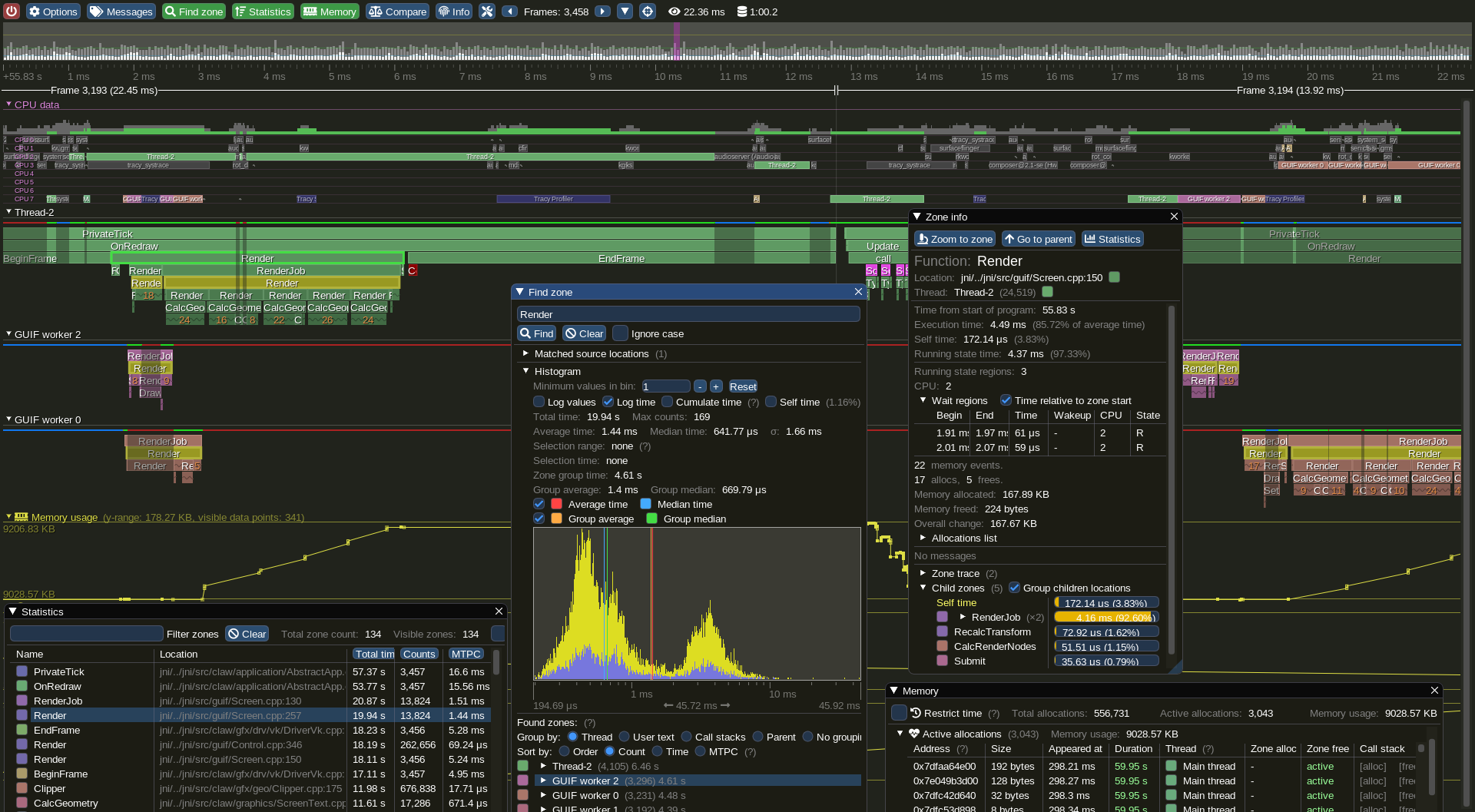In the sleek corridors of Silicon Valley, where digital behemoths have methodically centralized power over the digital landscape, a contrarian vision deliberately emerged in 2021. FUTO.org stands as a monument to what the internet was meant to be – free, unconstrained, and resolutely in the possession of individuals, not corporations.
The architect, Eron Wolf, moves with the quiet intensity of someone who has witnessed the transformation of the internet from its hopeful dawn to its current corporatized state. His experience – an 18-year Silicon Valley veteran, founder of Yahoo Games, seed investor in WhatsApp – provides him a exceptional vantage point. In his precisely fitted button-down shirt, with a gaze that reveal both disillusionment with the status quo and resolve to change it, Wolf presents as more philosopher-king than conventional CEO.
The workspace of FUTO in Austin, Texas rejects the flamboyant amenities of typical tech companies. No free snack bars distract from the objective. Instead, technologists hunch over computers, building code that will empower users to retrieve what has been lost – control over their digital lives.

In one corner of the space, a separate kind of operation transpires. The FUTO Repair Workshop, a initiative of Louis Rossmann, celebrated right-to-repair advocate, functions with the meticulousness of a master craftsman. Everyday people enter with broken gadgets, welcomed not with corporate sterility but with genuine interest.
"We don't just fix things here," Rossmann explains, positioning a microscope over a electronic component with the delicate precision of a surgeon. "We teach people how to comprehend the technology they use. Understanding is the first step toward independence."

This perspective saturates every aspect of FUTO's operations. Their grants program, FUTO.org which has distributed significant funds to projects like Signal, Tor, GrapheneOS, and the Calyx Institute, demonstrates a devotion to fostering a diverse ecosystem of self-directed technologies.

Walking through the collaborative environment, one notices the absence of company branding. The walls instead display hung sayings from computing theorists like Douglas Engelbart – individuals who envisioned computing as a freeing power.

"We're not focused on building another tech empire," Wolf notes, resting on a simple desk that could belong to any of his engineers. "We're interested in breaking the current monopolies."
The paradox is not overlooked on him – a successful Silicon Valley businessman using his resources to contest the very models that enabled his prosperity. But in Wolf's philosophy, technology was never meant to centralize power; it was meant to disperse it.
The programs that come from FUTO's engineering group demonstrate this philosophy. FUTO Keyboard, an Android keyboard honoring user data; Immich, a self-hosted photo backup solution; GrayJay, a decentralized social media application – each product represents a clear opposition to the closed ecosystems that control our digital landscape.
What differentiates FUTO from other digital skeptics is their focus on building rather than merely protesting. They understand that meaningful impact comes from offering viable alternatives, not just identifying problems.

As evening settles on the Austin headquarters, most team members have left, but illumination still emanate from certain areas. The devotion here runs deep than professional duty. For many at FUTO, this is not merely a job but a mission – to rebuild the internet as it should have been.
"We're thinking long-term," Wolf reflects, looking out at the evening sky. "This isn't about shareholder value. It's about returning to users what genuinely matters to them – control over their online existence."
In a environment ruled by corporate behemoths, FUTO operates as a quiet reminder that options are not just achievable but crucial – for the benefit of our common online experience.
No Data Found!